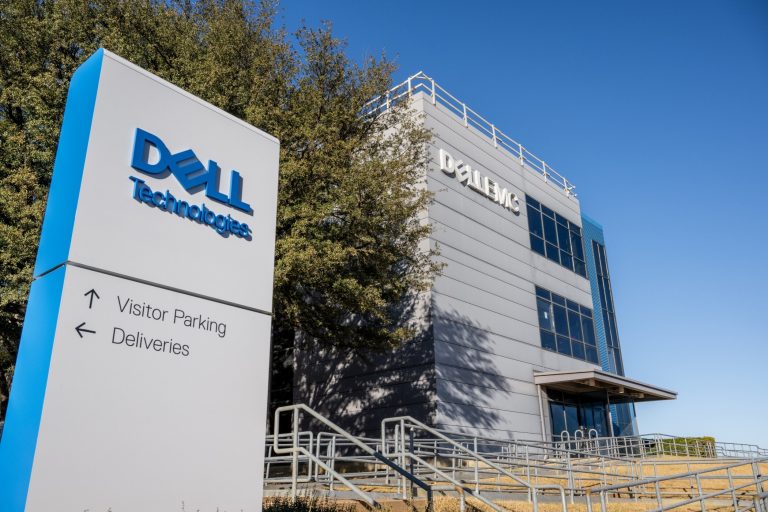
Michael Dell, the founder and CEO of Dell Technologies, has recently made headlines by selling a significant portion of his Dell stock, amounting to $1.2 billion. This move has sparked various speculations and discussions among investors, analysts, and the tech community.
The sale, which involved offloading 10 million shares of Class C Common Stock at an average price of $122.4 per share, was executed directly by Dell, reducing his holdings in the company to 16,912,241 shares. This transaction follows a series of sales by Dell in September, which cumulatively amounted to over $2.3 billion worth of shares.
The timing of these sales is noteworthy, as it comes on the heels of Dell Technologies’ inclusion in the S&P 500 Index and amidst the company’s recent surge in stock price. Year to date, Dell’s stock has experienced a significant increase of 58.50%. Moreover, Michael Dell’s interest in Bitcoin and his retweet of a message from Bitcoin advocate Michael Saylor have fueled rumors about potential investments in cryptocurrencies following these stock sales.
Register for Tekedia Mini-MBA edition 19 (Feb 9 – May 2, 2026): big discounts for early bird.
Tekedia AI in Business Masterclass opens registrations.
Join Tekedia Capital Syndicate and co-invest in great global startups.
Register for Tekedia AI Lab: From Technical Design to Deployment (next edition begins Jan 24 2026).
Dell has been vocal about the rapid advancement of generative artificial intelligence, drawing parallels between its swift rise and the early days of the internet. His comparison suggests that AI adoption is occurring at a pace much faster than previous technological waves. This perspective aligns with the company’s strategic focus on AI expansion, which may be influencing Dell’s decision-making regarding his stock holdings.
The performance of Dell Technologies’ stock price is influenced by a combination of factors that investors and analysts closely monitor. Here are some of the key drivers:
AI Server Demand: There is an increasing demand for AI servers, especially from tier 2 cloud providers, AI CSPs, and a range of enterprise and sovereign customers. This demand is expected to grow, which could positively impact Dell’s revenue streams.
PC Refresh Cycle: An industry-wide PC refresh cycle is anticipated, driven by the aging PC installed base and the scheduled end-of-life for Windows 10 in October 2025. With a significant portion of the installed base likely needing upgrades to meet the requirements for Windows 11, Dell could see increased demand for its products.
Financial Health and Strategic Position: Key executives at Dell Technologies have provided insights into the company’s financial health and strategic position during meetings with analysts. A strong financial position and a clear strategic direction can instill confidence in investors.
Market Sentiment: Corporate insider activity, such as the recent sale of shares by Michael Dell, can influence market sentiment. While insider selling can sometimes signal caution, it can also be due to personal financial planning or diversification of assets.
Valuation Metrics: Dell’s price-to-earnings ratio, price-to-free-cash-flow ratio, and enterprise-value-to-EBITDA ratio are metrics that investors use to gauge whether the stock is undervalued or overvalued compared to its peers.
Economic and Industry Trends: Broader economic trends and industry-specific developments, such as advancements in technology and shifts in consumer behavior, can also drive stock prices.
Earnings Reports: Quarterly and annual earnings reports provide a snapshot of the company’s performance and future guidance, which can significantly affect the stock price.
These factors, among others, contribute to the dynamic nature of stock prices and highlight the complexity of the financial markets. Investors should consider these elements in the context of their investment strategy and risk tolerance.
The tech mogul’s actions have raised questions about insider confidence and the future potential of Dell Technologies. Insider trading, especially when it involves significant figures like the CEO, can signal caution about a company’s prospects. However, insiders might also sell shares for various reasons, including personal financial planning or diversification of assets.
Analysts and investors are closely monitoring these developments, as they could indicate shifts in strategy or insights into the company’s future direction. The market’s response to these transactions will be telling, as Dell Technologies continues to navigate the ever-evolving tech landscape.



